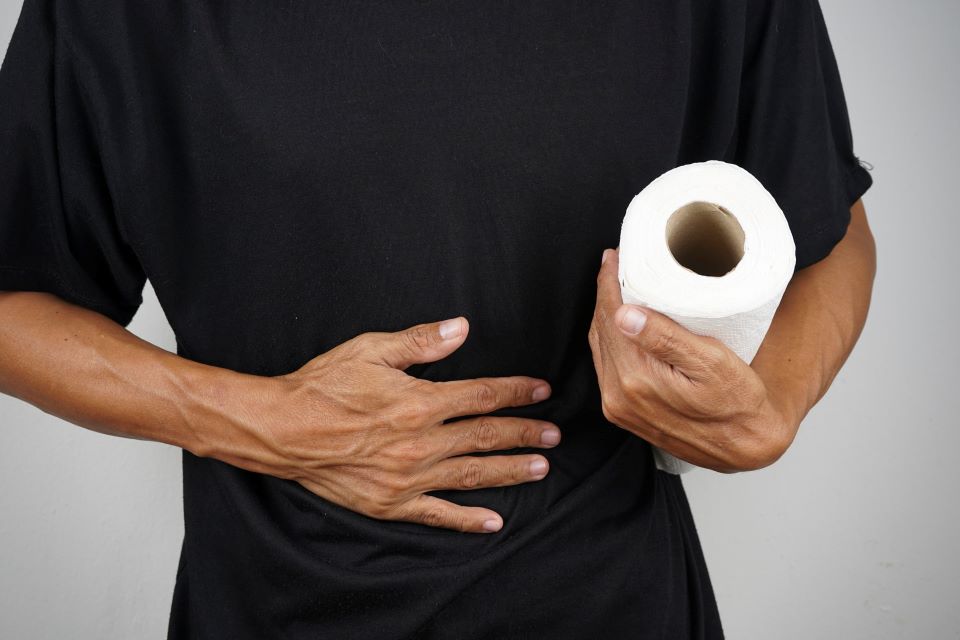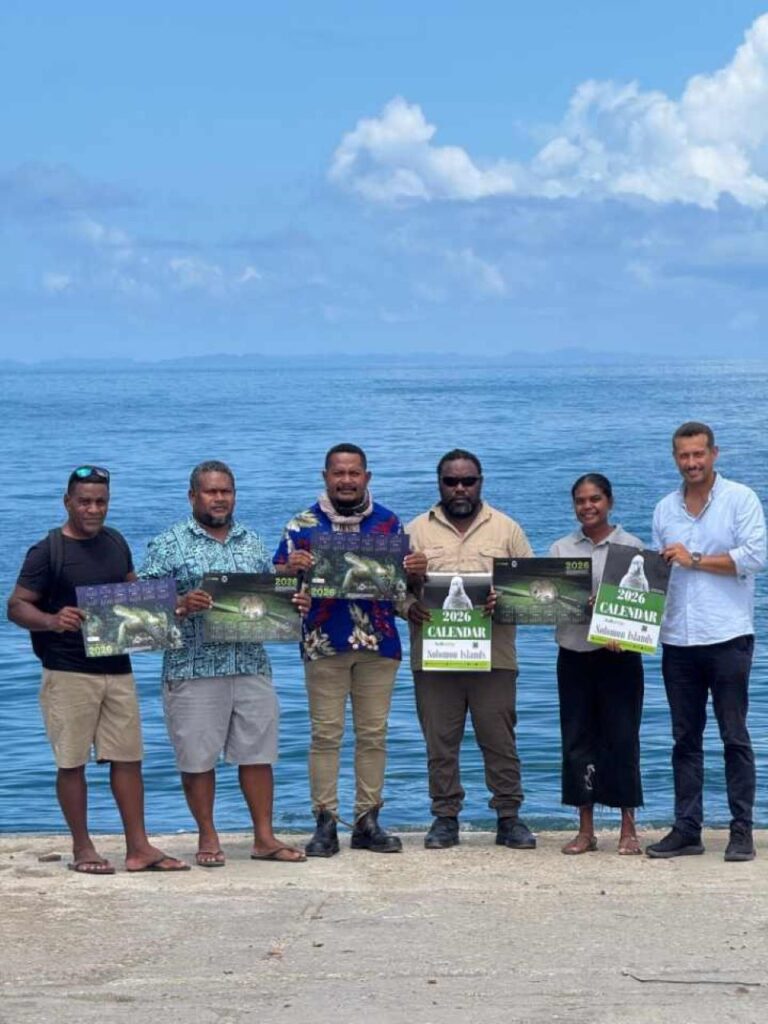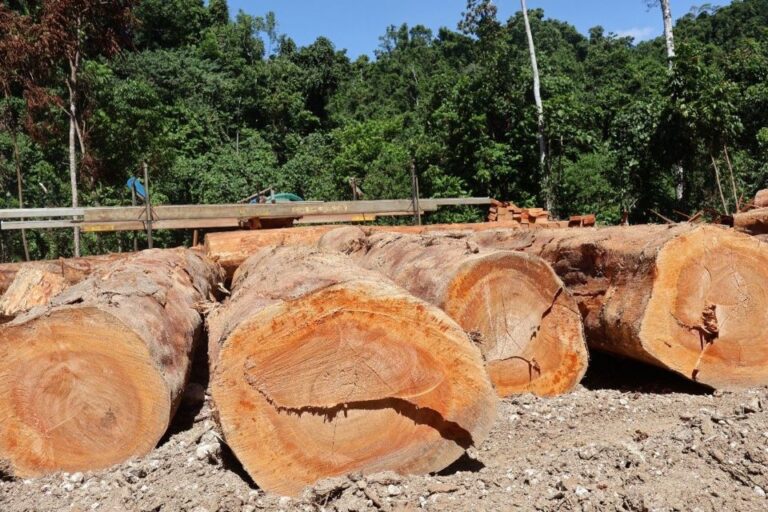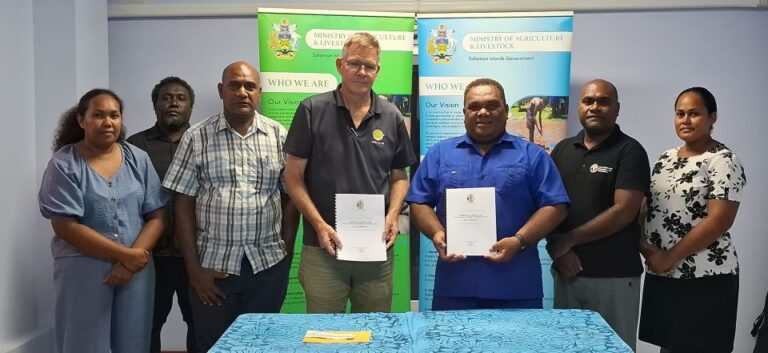The Ministry of Health and Medical Services (MHMS) continues to monitor the ongoing diarrhoea outbreak. While cases have been declining in Honiara, Guadalcanal, and some provinces, cases have been surging in Western and Malaita provinces.
From the last reporting week, there is a 15% decrease in diarrhoea cases compared to the previous reporting week. To date, more than 5000 cases have been reported from affected provinces.
The Ministry of Health continues its Health Response Interventions, including investigations of reported suspected deaths from diarrhoea. The National Referral Hospital, the provincial hospitals, and health facilities remain on alert and ready to attend to patients.
Environmental Health Team – Honiara City Council Health Teams have commenced surveillance activities in targeted zones and are currently assessing sanitation needs as part of a two-week response plan. Clinics have established oral rehydration salt corners to manage diarrhoea cases.
The Risk Communication Team, both in Honiara and the province, continues to disseminate key health messages to the public. The Honiara Mobile Team is actively visiting affected zones, delivering information, education, and communication (IEC) materials to support community awareness and response.
Key Messages for the Public:
The Ministry urges everyone to remain vigilant and continue practicing good hygiene and refer immediately to health facilities when children present with severe diarrhoea:
How Diarrhoea Spreads:
- Through direct contact with faeces or vomit from an infected person
- By consuming contaminated food or water
- Via unwashed hands or unclean surfaces
Symptoms:
- Watery stools
- Vomiting
- Fever
- Stomach pain
- Signs of dehydration: dry mouth, no tears, tiredness, and reduced urination
What to Do If You or Your Child Has Diarrhoea
- Seek immediate care: Take children to the nearest clinic without delay.
- Keep hydrated: Give clean water, coconut water, or rice water.
- Use ORS: Continue until symptoms stop.
- Continue breastfeeding: Increase the frequency of breastfeeding for children.
- Eat safely: Wash all fruits and vegetables before eating.
Protect Your Family from Diarrhoea
- Wash hands with soap and water:
- Before eating or preparing food
- After using the toilet
- After cleaning your child
- Use clean, safe toilets or bury faeces properly
- Boil and store drinking water in clean, sealed containers
- Cover and properly cook food
- Keep your home and environment clean
- Vaccinate your infant against rotavirus (at 6 and 10 weeks of age)
What the Ministry and Partners Are Doing
- Tracking and responding to outbreak developments across provinces
- Supporting clinics and hospitals with staff, supplies, and technical guidance
- Enhancing community awareness through targeted health messages in schools, communities, and media
- Improving laboratory testing with support from Australia
- Coordinating daily surveillance and data sharing among health workers
- Planning water quality assessments through provincial environmental health teams
- Catch up rotavirus vaccination along with other routine vaccines during HPV vaccination outreach to communities.
The Ministry is working closely with the World Health Organization (WHO), UNICEF, Honiara City Council Health Division, Guadalcanal Provincial Health, and other non-governmental partners to ensure a coordinated national response.
Together, we can stop the spread of Diarrhoea
Wash your hands often, drink clean water, and seek medical help early. Protect your children by getting them vaccinated against rotavirus. Make sure to only get your information from trusted sources, such as the MHMS and WHO.
Source: Press Release – MHMS




